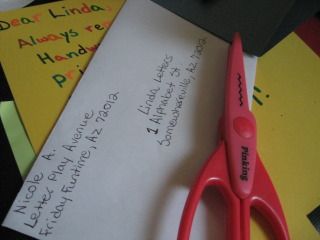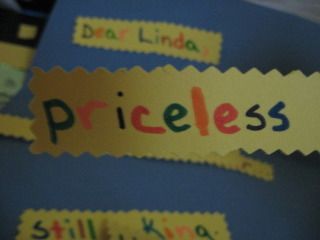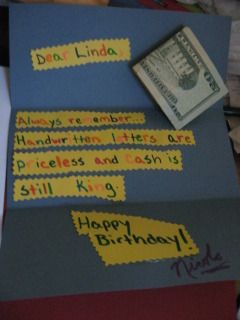If you're a writer, you want others to know who you are and what you're writing. You want to find other writers to connect with and readers who will buy your books. Today the publisher's budgets allow for very little support unless you're a bestselling author, so getting the word out is pretty much your job. Of course, if you're self-published it's 100% your job.
Social Media to the rescue.
And, in my opinion, one of the quickest and most painless of these media is Twitter.
I thought it might be helpful for those A to Zers on this Road Trip to have a few Twitter Do's and Don'ts--kind of road signs to read along the way--so here's my A to Z Twitter Tips.
A. Ask for help. Do you need feedback on your WIP or do you want to know what readers think of your published work? Ask. Tweeters are eager to jump in with comments.
B. Be nice. Be kind. Snarky works for some, but like my grandmother always said, "You catch more flies with honey than you do with vinegar."
C. Converse with your readers and other writers. Get to know them. Let them know you. That generates interest in your work.
D. Discover stuff: quotes, facts, other writers with the same or similar issues.
E. Events are out there on Twitter. Find out about them. Post some of your own. Maybe you're doing a giveaway or hosting a launch on facebook. Make sure your Twitter followers know about those.
F. Find a job. Writing doesn't always pay the electric bill, right? Here's a link that takes you to JOBSEARCH
G. Grammar check. There's always a prescriptive grammarian hanging out on Twitter. You just have to nudge them and they'll give you the "correct" answer. *Raises hand and admits to a touch of the prescriptive grammarian in her.*
H. Help others. When you're in a Twitter conversation you often find that a writer could use a "hug" or encouragement. Maybe just a, "I've been there and understand" will be enough.
I. Issue book updates or where you are in your current WIP. That creates a bit of buzz and interest.
J. Joke a bit and have fun. This is a great way to take that break from the scene that's not working. It's a great way to connect with others in the same situation. Who knows, you might pick up just the prompt you need to return to that scene and finish it.
K. Keep in touch. I might be away from home and on my iphone, but I can pop into Twitter, say hi, share where I am and what I'm doing. My main blog might be quiet, but my "microblog" isn't.
L. Look for agents or new publishing houses, accepting submission. Link up with an agent and start a dialog. Who knows, they might like your style enough to check your blog out. It's happened. And I personally know of one contract signed because the agent loved the writer's blog style so much.
M. Motivate others and you'll motivate yourself. In 140 characters it's easy to say something encouraging.
N. Never be all about "ME." Care about the people you follow and who follow you.
O. Open longer exchanges. I often DM a friend and say, "Check email" or "Call me" when I want to discuss something in more depth.
P. Practice writing short, specific and effective sentences. Be clever. It's good practice for writing anything.
Q. Quotes--share them. I love to find a great quote while I'm Tweeting.
R. Report problems. When you see a blog post that's gone weird because of a code issue, alert the blogger on Twitter. I had someone do that for me, and I really appreciated it. I hate it when something's not right with my blog posts.
S. Search, using the search tool to find someone you'd like to follow.
T. Tweet about conferences before you go to a conference. Establish a rapport with the presenters and those attending. This year I tweeted with an agent and knew she'd been out walking on the beach. When I met her at dinner, I had a way to introduce myself by asking her how she'd enjoyed her walk. Nice ice breaker.
W. Writing. Writing . Writing. Get help. Give help about this amazing talent you and the others on Twitter have. You never know what exchange might trigger an idea.
X. X-out people who don't follow back or interact with you. You want your Tweeter followers list current. Here's where you can find out who's following you and who's interacting with you .http://t.co/B1wMdPmg
Y. YOU. Be who you are.
Z. Zippy Tweets pay off, so don't be mopey, just honest. "2day I'm not writing anything my dog couldn't chew up."
Happy Tweeting. And . . . ahem . . . RT if you found this helpful.
C. Lee McKenzie
Alligators Overhead AMAZON http://tinyurl.com/895whec

















